Masters of Photography Vol. 13 – Australians is now available and we are already on to the next one. This time, Fashion Industry Broadcast goes global. From Seoul to Berlin, “Masters of Photography Vol. 52 – Next Gen” is a carefully-curated selection of emerging artists who we think might be the next big thing. This art book will feature an amazing selection of their work, as well as thought-provoking interviews.
Every week, we will introduce you to one of these new talents. Today, we take you to Africa’s new creative hub, Johannesburg, to meet street style & fashion photographer Cedric Nzaka.
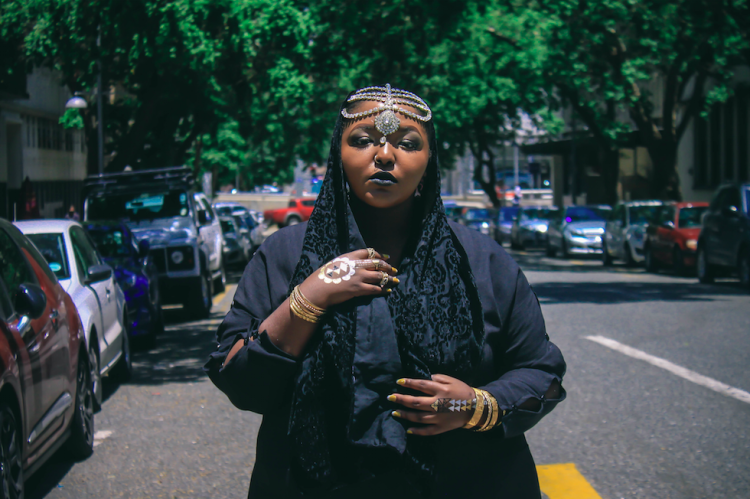
How and when did you decide to become a professional photographer?
I started out with documentary photography for fun as I considered documentaries to be a powerful means of conveying social messages to the world. Many people use television and film as a form of entertainment. If one can add factual information to the mix, the medium of documentary films can produce great changes by creating awareness and simultaneously educating the masses. But somewhere along the line while I was working on a travel documentary, I felt the urge to do something different and out of my comfort zone. Something that would help me grow as an artist and as an individual, which led to me choosing to get involved in urban and street style photography with a an interest in portrait and fashion documentation.
Where do you find inspiration?
Other than spending hours on the Internet drawing inspiration from other photographers and visual creators, at most I take a walk, ride or drive. I like to just live in the moment for a minute and be wondered by the world like a child. Be connected to myself. Be conscious about where my eyes are drawn. Be conscious about what I am feeling. Then and only then, I ask myself how to communicate my current emotion to others through a single picture.
Maybe The Picture is not there yet, so I remember my emotion and come back to it later when the light is in harmony with the emotion, or I find another subject that carries that same emotion. Every sincere photograph is a self-portrait, whatever the subject.
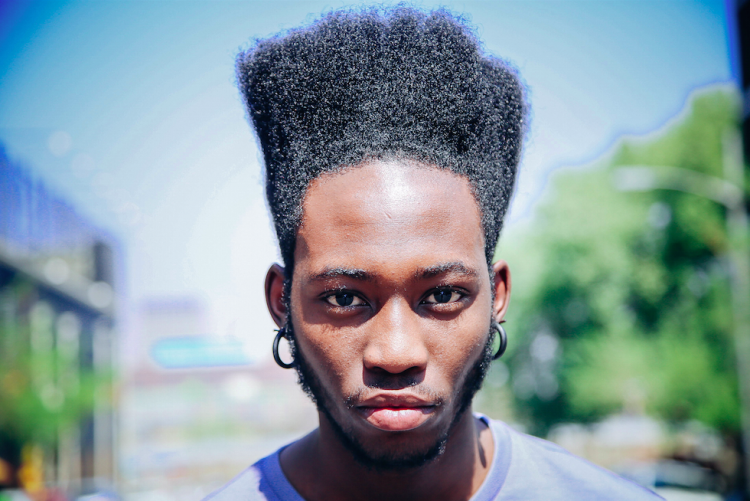
Who are your favourite photographers of all time and why are they so special to you?
David Uzochukwu is a young visual artist based in Brussels. He taught himself how to create emotional self-portraits when he was only a child. His images, often somber narratives, are set in a bright universe with landscapes and silent models forming an organic ensemble.
Rog Walker is a photographer living and working in New York City. Rog’s primary work is a unique blend of documentary and editorial style portraiture that explores various ideas within today’s culture. His current documentary project is a long-term production that aims to take a deeper look at the global creative community from the perspective of personal beliefs and upbringing.
This art book features photographers from the entire world and each of them has a very specific identity. How do you think your geographic location affects your work?
My current geographical location has been the foundation of my recent work. South Africa is the creative hub of Africa as a whole in my opinion. Working around street and portrait photography here has allowed me to broaden my ideas and vision into what exactly street, fashion and portrait photography is all about.
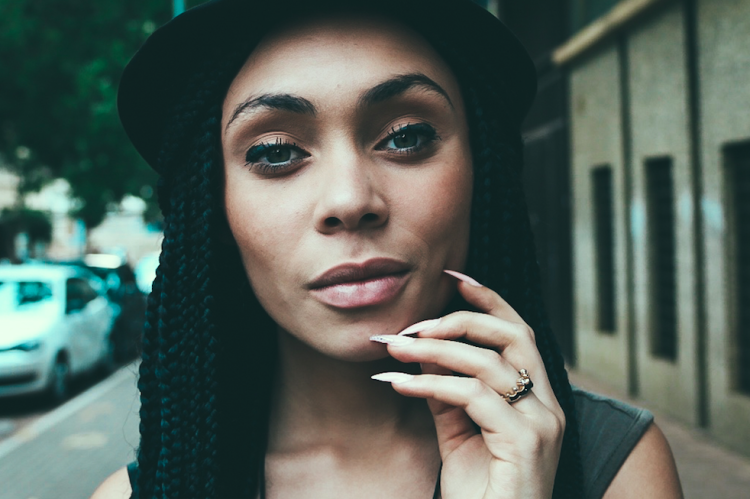
If you could move to any city in the world, where would you like to live and work as a photographer?
I would definitely love to move to New York and get to collaborate with a collection of creatives from there whom I have looked up to, followed their work and seen their growth through the years.
What are you five dream locations to shoot?
This is difficult but I’ll try work around just five: Hong Kong, Cuba, New York, India and Thailand.
How would you describe the photography industry in your country? What are the chances for a young artist to ‘make it’ and become global?
Johannesburg and South Africa in general is shedding its painful, crime-ridden past to emerge as Africa’s hippest hub for art, music and fashion. The photography industry in Jo’burg is constantly growing – especially the design front of it all. The trends I’ve seen emerging are centered on the question of identity, where most people communicate and express themselves through their visuals and are allowed to share their own stories through short editorials. With the emerging creative hubs in South Africa and the amount of potential they all have to offer, it’s easy for one to actually build a career in photography locally.
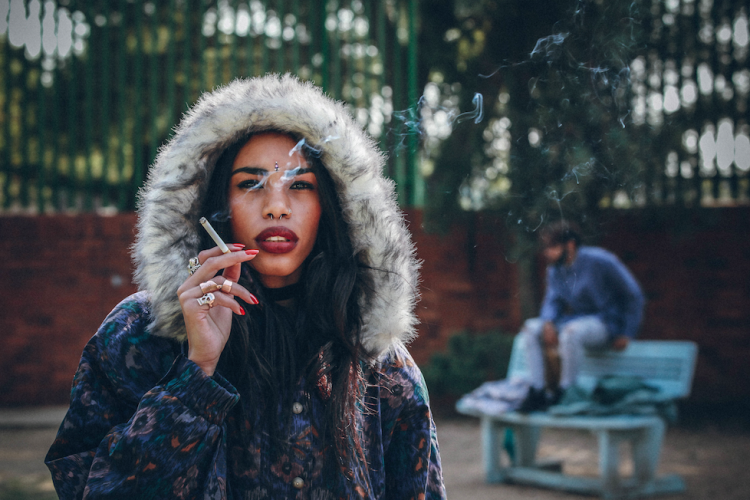
As a young photographer, you have been part of a big switch in the industry. Indeed, photography today is much more democratised than a few decades ago. Everyone can have access to retouching programs, publishing sites and good cameras. What are your thoughts on the evolution of the industry and the impact it has on your work?
All I will say is that the Truth is that technological advances work to our advantage. They allow professional photographers to share their work quickly and widely, and tell stories in engaging and innovative ways. I personally am a storyteller in images; my composition’s outlook and delivery of the final product is way better than other people’s. And just because someone has an Instagram app on their phone does not necessarily make them a great photographer or a photographer in the first place.
A lot of young photographers got discovered thanks to their Tumblr or Instagram account. What is your relationship with social media platforms?
Honestly, if it were not for my art and visual creation, I wouldn’t be on social media at all. But currently I have built a very strong relationship with a lot of social media platforms as they have given me an easier way to not only showcase my work but also to interact with my audience and reach out to different brands with hopes of work in the future.
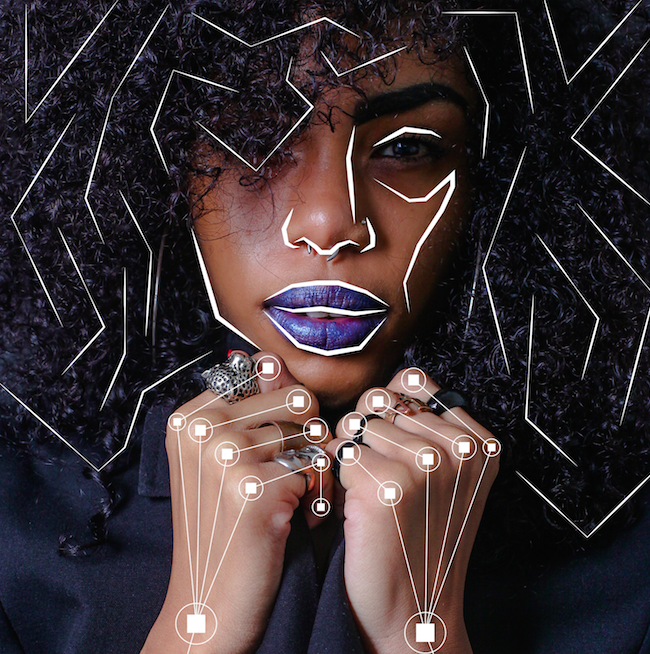
Post manipulation has long been debated, especially in commercial and fashion photography. How much do you retouch your images and what is your opinion on the whole body image debate?
To be honest, I do retouch my images. Whether it’s a blemish on my subject’s face or a weird strand of hair sticking out, I do this just well enough to share a ‘prettier’ version of the actual image. But I do know where to draw the line in my retouching process. The idea of me shooting portraits is to retain the actual feelings drawn when taking the photos. On most occasions I tend not to remove permanent scars as those are part of my subjects’ identities – people recognize them through that, so why should I remove a part of you that’s always been there? That being said, I don’t do this all the time. I’ve never retouched an image to the point where I manipulate someone’s body.







